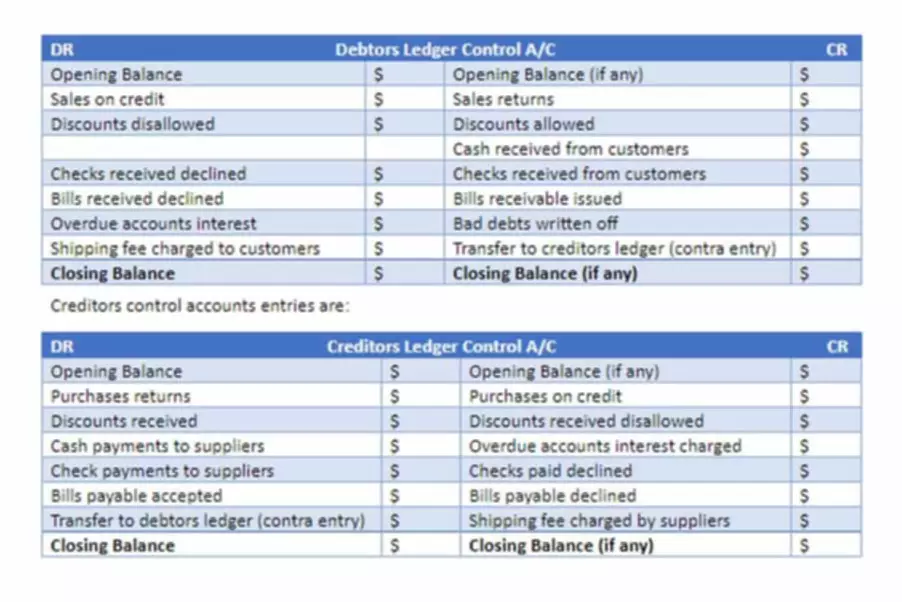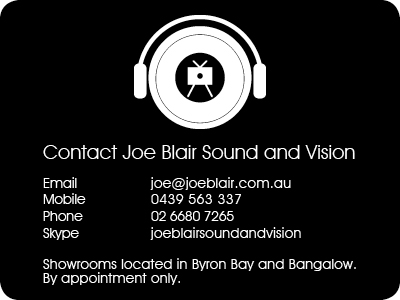Full-Charge Bookkeeper
Content
- FULL CHARGE BOOKKEEPING, For the Beginner, Intermediate & Advanced Bookkeeper – Nick DeCandia
- What is the difference between an accountant and a bookkeeper?
- Statistics For Bookkeeper
- When to Hire Either a Bookkeeper vs. Accountant?
- Similarities & Differences Between Accounting & Bookkeeping
- Understand the total compensation opportunity for a Full Charge Bookkeeper, base salary plus other pay elements

Entrepreneurs or business owners must have access to the aid of financial service providers such as accountants and bookkeepers during their early growth stages. The proper decisions and plans are made when all the information is available, which is ultimately cost and time-efficient. A small or medium enterprise need not spend time poring over financial statements when they can be focusing on the business. A full-charge bookkeeper performs all of the bookkeeping tasks of any small business, including payroll taxes and monthly financial statements, with little or no supervision. Full charge bookkeepers must be able to follow compliance regulations and standards.
What Is a Full Charge Bookkeeper?
A full charge bookkeeper is a finance professional who oversees all accounts for a company or organization. As a full charge bookkeeper, your responsibilities and duties include managing all ledgers, including accounts payable, receivable, and payroll, as well as billing and invoicing. You may also conduct regular audits. In large firms and businesses, these are typically separate departments. Smaller organizations may hire a full charge bookkeeper to oversee all financial information and records. In this role, you work on all aspects of a company’s financial transactions and ledgers.
It’s not cost-effective to hire an expensive accountant to handle what a bookkeeper can comfortably do at a much less price. Bookkeepers often work with revenue projections, which are estimates of how much money a company will make in the future. Having strong revenue projection skills can help you prepare budgets and forecast expenses for clients. You may also use these skills to create financial reports that include information about past performance and future expectations.
FULL CHARGE BOOKKEEPING, For the Beginner, Intermediate & Advanced Bookkeeper – Nick DeCandia
This ensures the bookkeeper’s records are correct and allows them to prepare an accurate financial statement for the client. Additionally, these bookkeepers may be required to collaborate with accountants at times. That is almost certainly true if the company does business internationally. Diploma and have a Certified Bookkeeper designation with at least one year of supervisory experience. You will have at least 5 years of experience in a bookkeeping role and advanced accounting and bookkeeping software experience. You will have an aptitude for business and be detail oriented and have experience with financial statements and tax returns. The business world is fast-changing, while regulations that keep enterprises afloat such as licensing and taxation require exceptional financial accounting services.

A full charge bookkeeper’s primary job is to manage and handle all the accounts of a small or medium-sized business. They are responsible for overseeing the accounting duties for a company, including billing customers, preparing bank statements and tax returns, and processing timesheets. Also, a full charge bookkeeper collates and enters vendor expenses, maintains the ledger’s accuracy, and process accounts receivables. Full charge bookkeepers need to understand and apply generally accepted accounting principles , and be able to perform double-entry bookkeeping. They also need to understand charts of accounts, journal entries, and proper procedures for taking a trial balance.
What is the difference between an accountant and a bookkeeper?
It is one of a series of accounting transactions dealing with the billing of a customer for goods and services that the customer has ordered. These may be distinguished from notes receivable, which are debts created through formal legal instruments called promissory notes. To me it means the bookkeeper is able to take the books up to a trial balance that is ready to hand over to full charge bookkeeper the tax preparer or accountant for year-end. Invoicing is the process of creating an invoice, which is a document that details all charges for a product or service. Bookkeepers often use invoicing software to create and send invoices to clients. Invoicing requires attention to detail as well as knowledge of accounting principles so you can accurately calculate costs and fees.


